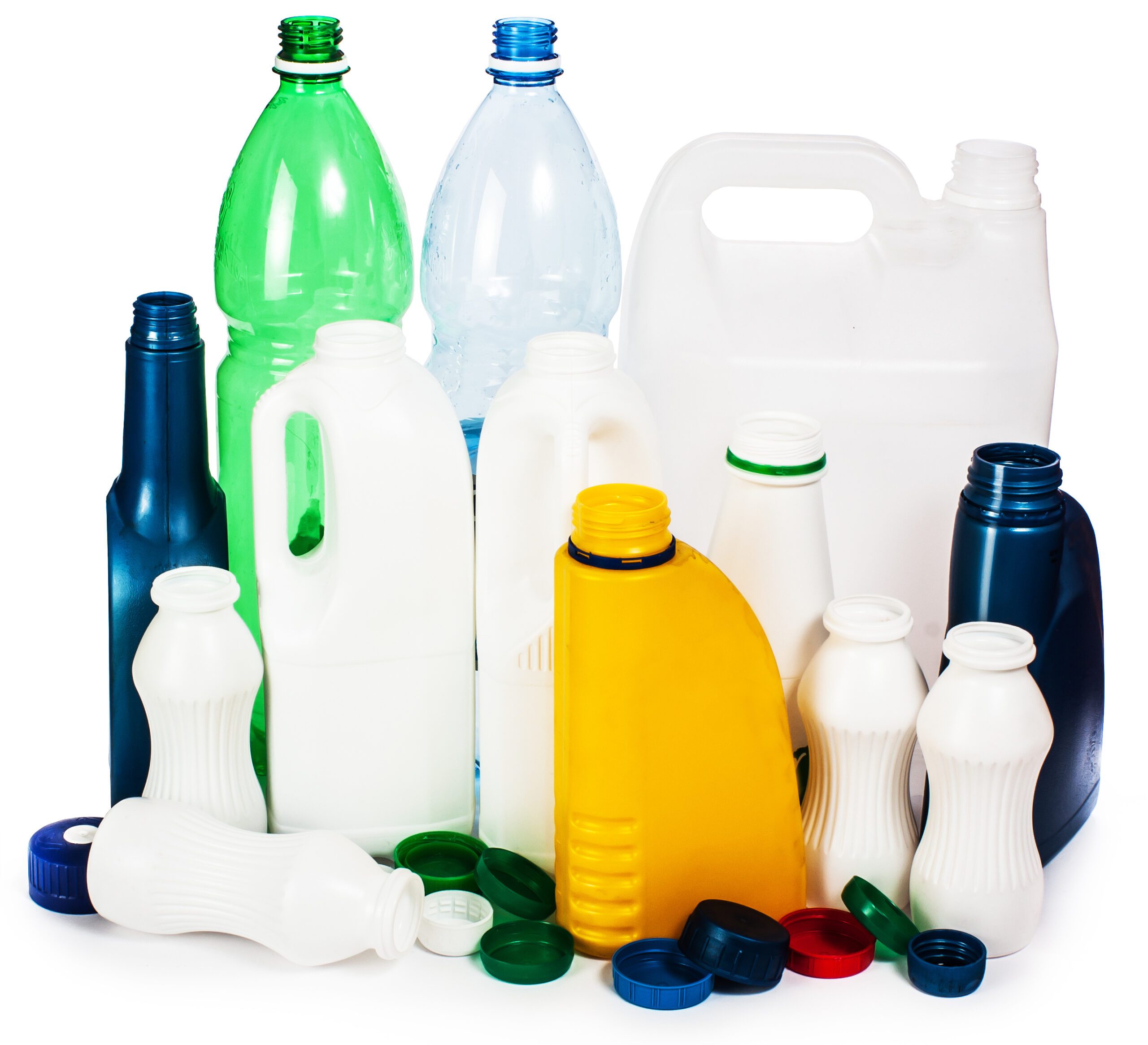Beware of Ingesting These Products That Contain Microplastics: They May be Dangerous to Your Health
July 10, 2024
 633
633 
Many everyday food products have been found to contain microplastics, often due to environmental contamination or food processing and packaging. Here are some common sources of microplastics that can impact your diet and fitness:
The sources of microplastics in food are varied:
To reduce microplastic intake, experts recommend:
While it’s challenging to completely avoid microplastics in food, being aware of their sources and making informed choices can help reduce exposure. For more tips on maintaining a healthy lifestyle and staying informed about food safety, check out healthy lifestyle blogs that focus on reducing environmental toxins and promoting wellness.
https://www.bonappetit.com/story/microplastics-food
https://edition.cnn.com/2024/04/22/health/plastics-food-wellness-scn/index.html
https://edition.cnn.com/2024/04/22/health/plastics-food-wellness-scn/index.html

A new study suggests that a widely used sugar substitute found in diet sodas, chewing gum, and low-sugar yogurt may elevate insulin levels. This could increase the long-term risk of heart disease. “Artificial sweeteners have infiltrated nearly all types of food, making it crucial to understand their long-term health effects,” said Yihai Cao, senior author […]

Diet Coke has long been a fan-favorite among soda lovers who want a fizzy, guilt-free alternative to traditional soft drinks. While its zero-calorie, zero-sugar label makes it seem like a healthier option, the reality is far more concerning. Despite its undeniable popularity, Diet Coke’s nutritional profile has raised red flags among health experts for years. […]

New study shows that embracing an anti-inflammatory, plant-forward diet can support cognitive function and help reduce the risk of dementia. What You Eat Shapes Your Brain The food you eat doesn’t just impact your body—it also affects your brain. Research suggests that eating an anti-inflammatory, plant-based diet can help improve memory, focus, and overall brain […]